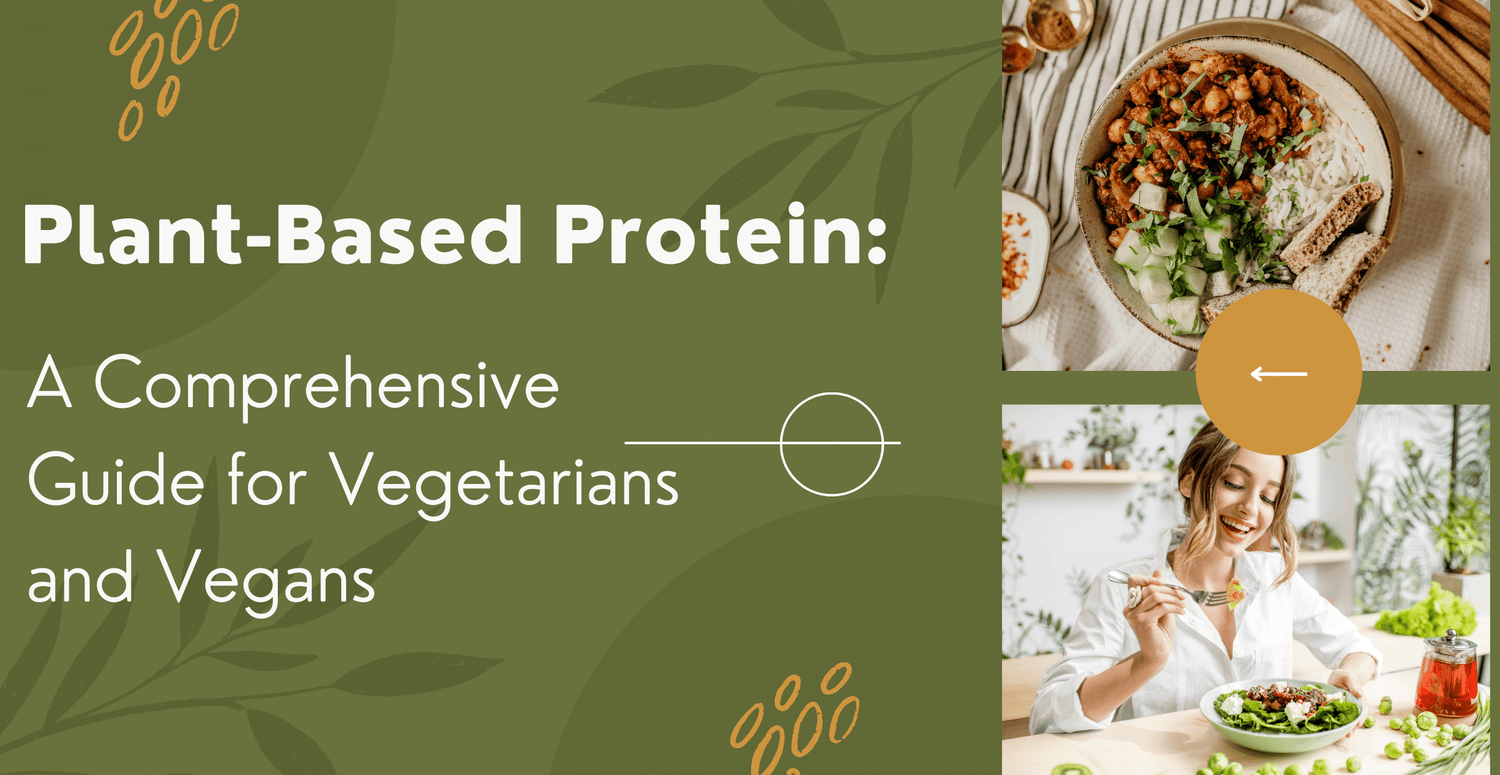Veganism offers sustainable living through plant-based diet, eco-friendly choices, and ethical consumption. By embracing veganism, individuals can reduce their carbon footprint and promote environmental conservation, animal welfare, and sustainable food production.
Making the switch to veganism also supports a healthier lifestyle by increasing consumption of nutrient-rich fruits, vegetables, and whole grains. Incorporating sustainable living practices through veganism can positively impact the planet and foster a more conscious approach to daily living.
With a focus on mindful consumption and environmental responsibility, veganism is a powerful tool for promoting sustainability and reducing ecological impact. Engaging in sustainable living practices through veganism offers a pathway to a more harmonious and sustainable future for both individuals and the planet.

Credit: theminimalistvegan.com
Why Choose Veganism?
Veganism is a lifestyle that has gained immense popularity in recent years due to its numerous benefits for both individuals and the planet. Choosing veganism means more than just a dietary shift; it is a conscious decision to support sustainability, animal welfare, and personal health.
Health Benefits
Veganism offers a plethora of health benefits. Research shows that a plant-based diet rich in fruits, vegetables, and whole grains can lower the risk of heart disease, certain types of cancer, and diabetes. Additionally, it can aid in weight management and provide essential nutrients like fiber, antioxidants, and phytonutrients that contribute to overall well-being.
Environmental Impact
The environmental impact of veganism is profound. Animal agriculture is a leading cause of deforestation, water pollution, and greenhouse gas emissions. By choosing a vegan lifestyle, individuals can significantly reduce their carbon footprint, conserve water resources, and minimize environmental degradation caused by industrial livestock production.

Credit: www.amazon.com
Understanding Sustainable Living
Definition
Sustainable living refers to the practice of reducing one’s carbon footprint and environmental impact while maintaining a high quality of life for both current and future generations. It involves making conscious, eco-friendly choices in various aspects of life, including diet, transportation, energy consumption, and consumption of goods.
Importance
Sustainable living is crucial as it helps to minimize environmental degradation, conserve natural resources, and protect the planet’s ecosystems. By embracing sustainable living practices, individuals can contribute to the mitigation of climate change, preservation of biodiversity, and creation of a healthier, more balanced world for all living beings.
Tips For Going Green And Vegan
Transitioning to a plant-based diet is a significant step toward sustainable living. By embracing veganism, we can reduce our carbon footprint, conserve precious resources, and support animal rights. To help you make this positive change, here are some Tips for Going Green and Vegan.
Transitioning To A Plant-based Diet
Making the switch to a plant-based diet may seem daunting, but it can be a gradual process that’s kind to your body and mind. Start by replacing one meal a day with a plant-based alternative, such as a tofu scramble or a hearty lentil soup. Gradually increase the number of meatless meals, experiment with new ingredients, and broaden your recipe repertoire. Remember, every small step counts!
Shopping Smart
When it comes to shopping for vegan groceries, being mindful of your choices can make a big difference. First, create a grocery list and stick to it to avoid unnecessary purchases. Look for local, organic produce that’s in season as it reduces transportation emissions and supports local farmers. Additionally, choose plant-based products with minimal packaging and opt for bulk options whenever possible to reduce single-use plastics.
Reducing Waste
Reducing waste plays a crucial role in sustainable living. Start by embracing the mantra of “reduce, reuse, and recycle.” Avoid single-use plastic items, such as water bottles or straws, by carrying a reusable water bottle and straw with you wherever you go. Composting food scraps and recycling packaging materials are also effective ways to minimize waste. Remember, even the smallest efforts can have a positive impact on our planet!
Eco-friendly Household Practices
Your household can be a hub for eco-friendly practices. Begin by replacing traditional cleaning products with natural alternatives or homemade solutions like vinegar and baking soda. Install low-flow showerheads and faucets to conserve water, and use energy-efficient light bulbs throughout your home. Consider creating a small garden to grow your own herbs and vegetables, reducing your reliance on store-bought produce. These simple changes can make a world of difference in minimizing your environmental footprint.
Promoting Sustainability In Your Community
Discover simple ways to promote sustainability in your community through veganism tips. Embrace a sustainable lifestyle by incorporating plant-based meals, reducing environmental impact, and supporting local, eco-friendly initiatives. Join the movement towards a greener future today.
Supporting Local Farmers And Businesses
One way to promote sustainability in your community is by supporting local farmers and businesses. By purchasing locally grown produce and products, you are reducing the carbon footprint associated with long-distance transportation. Not only does this support the local economy, but it also encourages sustainable farming practices that prioritize biodiversity and minimize environmental harm.
Educating Others
Another important aspect of promoting sustainability in your community is through education. By sharing your knowledge and experiences with others, you can inspire them to adopt sustainable practices in their own lives. This can be done through workshops, seminars, or even informal conversations with friends and family. By raising awareness about the environmental benefits of veganism and sustainable living, you can encourage others to make positive changes for the planet.
Advocacy And Activism
Advocacy and activism play a crucial role in promoting sustainability in your community. Taking a stand on important environmental issues and advocating for change can create a ripple effect that inspires others to do the same. Whether it’s participating in protests, signing petitions, or engaging in grassroots campaigns, your voice can make a difference. By being an advocate for sustainable practices and veganism, you can help shape a more sustainable future for your community and beyond. Overall, promoting sustainability in your community is a collective effort that requires individuals to take action. Supporting local farmers and businesses, educating others about sustainable living, and engaging in advocacy and activism are powerful ways to make a positive impact. By implementing these tips, you can help create a more environmentally conscious and sustainable community.
Overcoming Challenges
Learn sustainable living through veganism with practical tips to overcome challenges. Embrace a plant-based diet, explore new recipes, and connect with like-minded individuals for support and inspiration. By making small, conscious choices, you can create a positive impact on your health and the environment.
Dealing With Social Situations
When it comes to sustainable living through veganism, one of the biggest challenges is navigating social situations. Whether it’s family gatherings, meals with friends, or office parties, being the only vegan in the room can feel isolating at times. However, with a few strategies in place, you can overcome these challenges and enjoy social events without compromising your values. Let’s explore some tips for handling social situations:
- Communicate your dietary choices: Before attending social events, consider informing your host or friends about your vegan lifestyle. This helps set expectations and makes them more likely to accommodate your needs.
- Plan ahead: If you know the restaurant or venue of the social event, check out their menu in advance. This allows you to identify vegan-friendly options and make a decision before arriving.
- Bring a vegan dish: Offer to bring a vegan dish to share with everyone. Not only does this ensure you have something to eat, but it also introduces others to delicious vegan food and may spark conversations.
- Engage in positive conversations: Instead of focusing on what you can’t eat, shift the conversation towards the benefits of veganism and sustainable living. This may inspire others or even help debunk common misconceptions about vegan diets.
- Be confident: Remember that you have chosen a sustainable lifestyle with strong ethical values. Do not be afraid to assert your choices politely but firmly when faced with skepticism or criticism.
Dealing With Cravings And Temptations
Another challenge of sustainable living through veganism is dealing with cravings and temptations. While following a vegan diet can offer a multitude of health benefits, there may be times when you find yourself craving non-vegan foods or facing temptations that go against your commitment to sustainable living. To help overcome these challenges, here are some tips:
- Explore new foods: When you have cravings for old favorites, experiment with vegan alternatives. There are countless plant-based options available that can satisfy your cravings without compromising your vegan lifestyle.
- Stay motivated: Remind yourself of the ethical and environmental reasons why you chose veganism. Create a vision board or keep a journal of your goals to help you stay focused and motivated during moments of temptation.
- Seek support: Connect with fellow vegans through online communities or local meetups. Having a support system can provide encouragement and a sense of belonging, making it easier to resist cravings and stay on track.
- Experiment with recipes: Explore new vegan recipes and experiment in the kitchen. This allows you to enjoy a variety of flavors and textures, keeping your taste buds satisfied and reducing the likelihood of craving non-vegan foods.
- Find vegan substitutes: If you have specific cravings for dairy products or meat, explore the vast array of vegan substitutes available. From plant-based milks to mock meats, these alternatives can help ease your cravings and make the transition to veganism smoother.

Credit: www.clinikally.com
Frequently Asked Questions On Sustainable Living Through Veganism Tips
How Does Veganism Help Sustainability?
Veganism helps sustainability by reducing carbon footprint. It conserves water and reduces deforestation. It also minimizes pollution and supports better land use.
How Can We Sustain A Vegan Diet?
To sustain a vegan diet, focus on consuming a variety of plant-based foods like fruits, vegetables, legumes, grains, nuts, and seeds. Ensure you get enough protein, vitamins (especially B12), and minerals like iron and calcium through fortified foods and supplements if necessary.
Plan meals ahead, experiment with new recipes, and seek guidance from a nutritionist if needed.
How Do I Transition To Vegan Safely?
To transition to a vegan lifestyle safely, follow these steps: 1. Gradually introduce plant-based foods into your diet, while reducing animal products. 2. Make sure to get enough nutrients like protein, iron, and vitamin B12 from plant-based sources or supplements.
3. Educate yourself about vegan nutrition to ensure a balanced diet. 4. Experiment with new recipes and explore vegan alternatives to your favorite foods. 5. Seek support from online communities, vegan cookbooks, and local vegan groups for guidance and inspiration.
How To Be Vegan When You’re Broke?
To be vegan on a tight budget, focus on affordable plant-based staples like rice, beans, vegetables, and fruits. Buy in bulk and cook at home to save money. Look for discounts, coupons, and sales at grocery stores. Plan your meals and avoid processed vegan products, as they can be pricey.
Conclusion
Embracing a vegan lifestyle is a powerful way to practice sustainable living. By opting for plant-based alternatives, we reduce our carbon footprint, conserve natural resources, and promote animal welfare. These simple tips, such as incorporating more whole foods, supporting local farmers, and being mindful of food waste, can have a significant positive impact on the environment.
Let’s make a conscious choice to prioritize sustainability and make a difference through our everyday choices.
